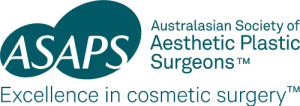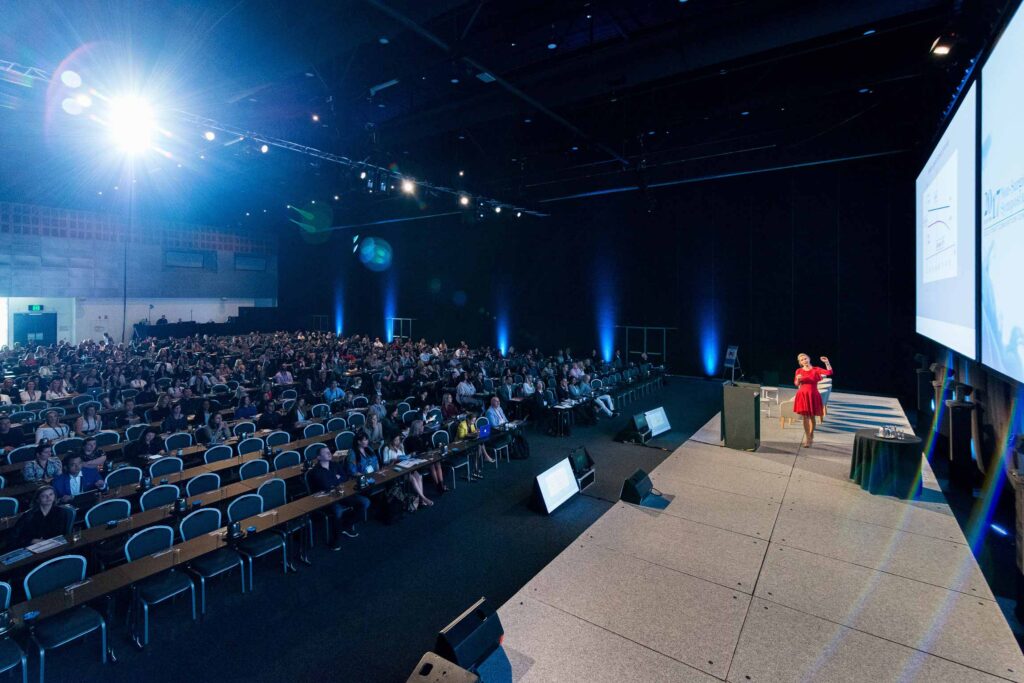Associate Professor Mark Magnusson, Specialist Plastic Surgeon and President of the Australasian Society of Aesthetic Plastic Surgeons (ASAPS), is proud of the moves the Society has made to increase the transparency of any perceived conflicts of interest at its educational events.
Integral to the success of the ASAPS educational events is providing the opportunity for attendees to earn Continuing Professional Development (CPD) points.
- CPD points can be claimed from the Royal Australasian College of Surgeons by ASAPS members.
- CPD points can be claimed by nurses.
This means that abstracts must meet strict guidelines and be approved by our Education Sub-Committee which includes our Chairman of Education and the specific event’s Scientific Convenor. This is an approach we take seriously to hold our members and our industry counterparts to the highest ethical standings.
ASAPS ensures its ongoing certification to provide CPD points by taking an Evidence-Based Medicine approach.
Evidence-Based Medicine is an approach to medical practice intended to optimise decision-making by emphasising the use of evidence from well-designed and well-conducted research. Although all medicine based on science has some degree of empirical support, Evidence-Based Medicine goes further, classifying evidence by its strength and requiring that only the strongest types (coming from meta-analyses, systematic reviews, and randomised controlled trials) can yield strong recommendations; weaker types (such as from case-control studies) can yield only weak recommendations.
We require all speakers to outline the Level of Evidence that applies to their presentation on the title page:
- Level I: High-quality, multi-centred or single-centred, randomised controlled trial with adequate power (N ≥ 100); or systematic review of these studies;
- Level II: Lesser-quality, randomised controlled trial; prospective cohort study; or systematic review of these studies;
- Level III: Retrospective comparative study, case-control study, or systematic review of these studies;
- Level IV: Case studies;
- Level V: Expert opinion, case report or clinical example, or evidence based on physiology, bench research, or “first principles.”
It is the goal of ASAPS to reveal and remedy both actual and potential conflicts of interest so as to present to the public, the media, and throughout organised medicine, an unassailable societal image of independence, objectivity and credibility.
We do this by requiring all speakers to take certain action:
- Declare any conflicts of interest that apply to their presentation on the title page and by announcing any commercial relationships prior to presentation to ensure independent assessment of the validity of the information within the content of the presentation by the audience.
- Unless vital to the presentation we expect medical education to remain generic. If brand names are necessary, they must be stated appropriately.
- Slides presented that are not the presenters own work must be credited accordingly.
- No content may be procured from any entity producing, marketing, re-selling, or distributing healthcare goods or services consumed by or used on patients.
- Educational materials such as slides, abstracts and handouts cannot contain advertising, trade name or a product-group message.
- Report all research without any recommendation.
- Ensure that the material presented will address a practice gap and be based on the best available evidence.
ASAPS acknowledges the reciprocal relationship between industry, researchers and practitioners and how this connectivity is vital to improving standards, quality and safety for all patients.
We strongly support transparency in this space and if the Sunshine Act in the US is working well, then it’s definitely something that we should be trying to emulate in our own community.

